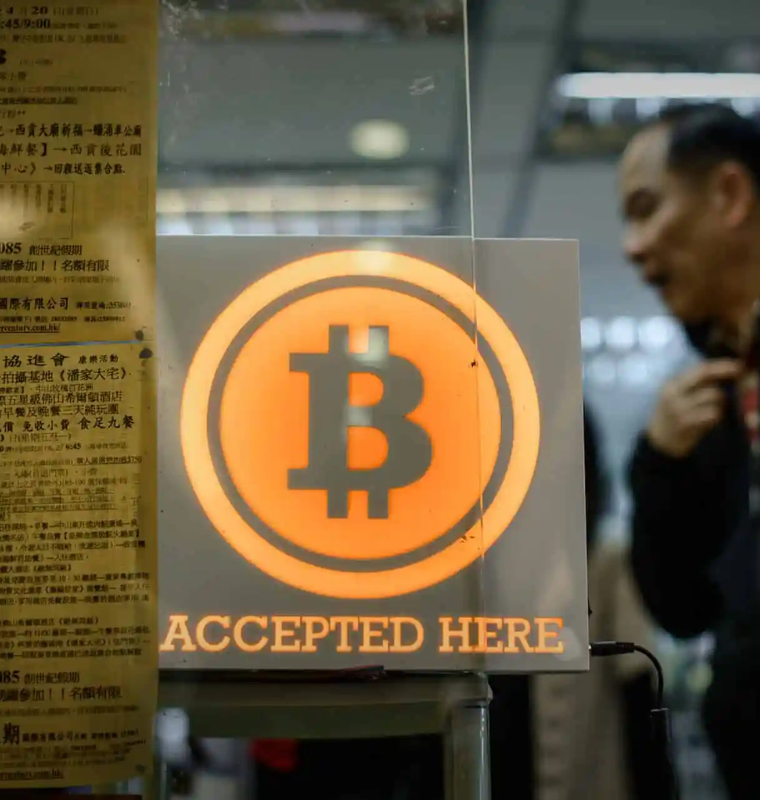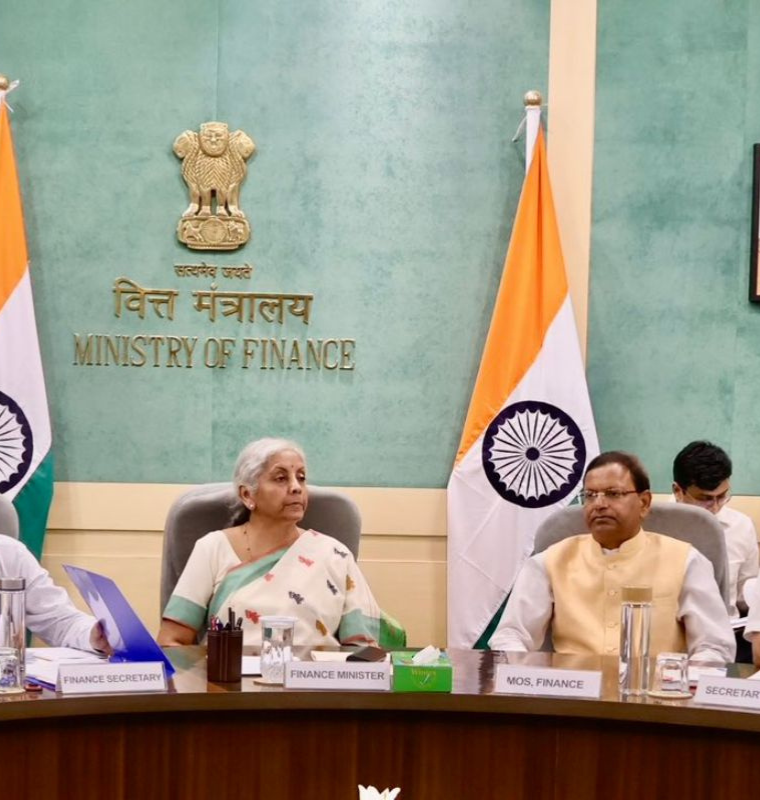Brazil’s Central Bank Tightens Rules for Virtual Assets and Cryptocurrency
Brazil’s Central Bank Tightens Rules for Virtual Assets and Cryptocurrency
By
Leah Rosenfeld
Last updated:
November 10, 2025
First Published:
December 2, 2025

Photo: Mint
A Turning Point for Brazil’s Crypto Market
Brazil’s financial landscape is undergoing a historic transformation as the Central Bank introduces stricter regulations on virtual assets and cryptocurrency operations. This move represents a deliberate step toward establishing Brazil as a more structured and compliant player in the global digital economy. For years, the country’s crypto sector has operated in a relatively open environment, with exchanges and fintech startups enjoying considerable flexibility. Now, the tightening of rules reflects a changing narrative—one that emphasizes accountability, investor protection, and transparency over unregulated growth.
Understanding the Motivation Behind the Move
The Central Bank’s decision is largely driven by concerns over the rapid expansion of crypto activities and their potential impact on financial stability. Brazil has become one of the largest crypto markets in Latin America, with millions of citizens participating in trading, staking, and decentralized finance platforms. Regulators worry that without proper oversight, the risks associated with fraud, tax evasion, and illicit transfers could escalate. By strengthening its rules, the Central Bank aims to ensure that digital finance evolves within a controlled and sustainable framework that safeguards public confidence.
Key Elements of the New Regulation
The updated framework brings several significant changes that redefine how crypto-related services are handled. The most notable development is the classification of certain stablecoin transactions as foreign exchange operations, which subjects them to existing financial supervision standards. Exchanges and wallet providers are now required to maintain stronger compliance systems, particularly concerning customer identification and anti-money-laundering measures. These reforms are designed to close loopholes and align Brazil’s practices with international financial governance norms.
Impact on Exchanges and Service Providers
Crypto exchanges operating in Brazil are now at a critical juncture. The new regulatory environment requires them to adopt stricter reporting mechanisms and transparency standards. While this may increase operational costs in the short term, many experts believe it will enhance trust among both local and international users. Exchanges that adapt swiftly and embrace the Central Bank’s requirements could find themselves in a stronger competitive position once the market stabilizes. For smaller players, however, compliance may pose financial challenges, possibly leading to market consolidation.
The Role of Stablecoins and Cross-Border Transactions
One of the most intriguing aspects of the new regulation involves the treatment of stablecoins and international transfers. By categorizing stablecoins under the foreign exchange framework, the Central Bank effectively integrates digital currency into the broader financial system. This decision is expected to increase transaction traceability and improve the monitoring of cross-border capital flow. It also places Brazil among the first countries in the region to formally bridge the gap between traditional finance and decentralized digital assets in this manner.
Market Reaction and Investor Sentiment
The market’s reaction to the announcement has been mixed. While some investors express concern that stricter regulations might reduce the appeal of crypto trading, others view this as a step toward greater legitimacy. Institutional investors, in particular, often prefer markets with well-defined legal structures. This regulatory clarity could attract more conservative capital into the Brazilian crypto space. In essence, short-term uncertainty may pave the way for long-term stability and sustained institutional participation.
Brazil’s Place in the Global Regulatory Race
Globally, governments are moving at different speeds when it comes to crypto regulation. Brazil’s proactive stance positions it ahead of many countries still debating how to integrate digital assets into their economies. By acting early, Brazil hopes to prevent systemic risks while promoting a transparent environment that fosters innovation. The Central Bank’s move aligns with international efforts led by organizations such as the Financial Action Task Force and the International Monetary Fund, both of which have called for stronger crypto oversight worldwide.
Challenges Facing Implementation
Despite the clear vision, the path to implementation will not be easy. Regulators must ensure that enforcement does not stifle innovation or discourage startups that have been instrumental in driving financial inclusion in Brazil. The balance between control and creativity is delicate. Additionally, the government must invest in education and digital literacy so that ordinary citizens can understand how the new regulations affect their crypto activities. Miscommunication or excessive complexity could create confusion that undermines the very trust the rules are meant to build.
Potential Long-Term Benefits
In the long run, Brazil’s tighter control could serve as a foundation for broader adoption of blockchain-based finance. By creating a transparent and reliable environment, the country may attract more global partnerships, tech investments, and fintech collaborations. The credibility that comes with regulatory maturity can also encourage the development of tokenized assets, central bank digital currencies, and decentralized finance applications tailored for mainstream use. Over time, these developments could reinforce Brazil’s reputation as a leading force in Latin American fintech innovation.
A Redefinition of Brazil’s Financial Identity
The Central Bank’s move is more than just a policy update—it represents a fundamental redefinition of Brazil’s financial identity in the digital age. The era of unregulated crypto growth is ending, and a new chapter focused on structure, safety, and global alignment is beginning. While the transition may challenge existing players, it also promises to strengthen the nation’s credibility and resilience in the evolving world of digital finance. If successful, Brazil’s new rules could become a model for other emerging markets looking to strike the same balance between progress and protection.
Popular articles
Subscribe to unlock premium content
Disney’s Timeless Magic and How the Entertainment Giant Continues to Shape Culture and Innovation

Imran Khan’s Economic Missteps Amid Political Chaos in Pakistan

The Philippines’ Digital Shift How Remittances and BPO Are Fueling Growth

Disney’s Timeless Magic and How the Entertainment Giant Continues to Shape Culture and Innovation

Imran Khan’s Economic Missteps Amid Political Chaos in Pakistan

Disney’s Timeless Magic and How the Entertainment Giant Continues to Shape Culture and Innovation









